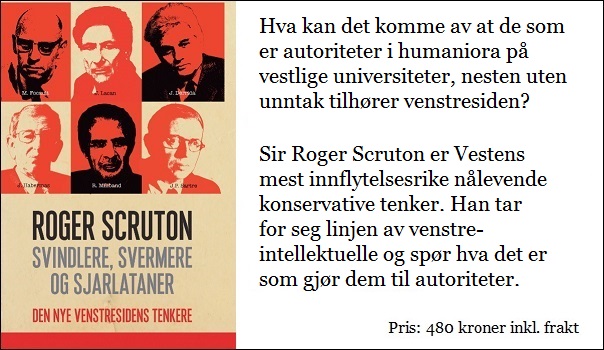
Nyt
Sunday Times afslører: Rusland forsøgte at påvirke det britiske valg

Jeremy Corbyn taler i Liverpool, 1. August 2015 / Foto: Wikipedia Commons
The Sunday Times har, i samarbejde med Swansea Universitet, afdækket 6500 russiske Twitter-konti, som støttede Labour i de sidste uger før parlamentsvalget i fjor. På Twitter så det ud som om det var britiske kvinder, der twittede støttemeldinger for Labour og som også gik til verbale angreb på de konservative kandidater.
De russiske Twitter-konti kan klart identificeres som internetrobotter, såkaldte bots, som under engelske kvindelige navne bombarderede den britiske befolkning med politiske udmeldinger. De, som står bag undersøgelsen siger, at de 6500 kun er toppen af isbjerget og kræver at Twitter må undersøge omfanget af russisk indblanding i britisk politik.
80% av Twitter-profilene var blevet sat op i ugerne før valget 8. juni i fjor og disse blev aktiveret ved centrale tidspunkter i valgkampagnen. Blandt andet hjalp de til med at samle store menneskemængder til Jeremy Corbyns møder:
We found that 80% of the automated accounts had been created in the weeks before the vote on June 8 and swung into action at key points during the campaign. There was evidence that Russian social media accounts:
- Piled in with retweets praising Labour and deriding the Conservatives in equal measure on May 18 — the day Theresa May launched her party’s manifesto
- Retweeted publicity and support for Corbyn’s rallies around the country which became a phenomenon of the campaign, drawing unusually large crowds
- Helped Corbyn turn the Manchester Arena bombing into a campaigning point by amplifying tweets criticising May for cutting police numbers while she had been home secretary
- Retweeted attacks on May for her refusal to engage in television debates with Corbyn, while criticising the media for being too harsh on the Labour leader
- Brought their campaign to a climax on polling day — when the UK media is not allowed to report — with a series of messages urging Labour supporters to vote.
Sidste års valg var en stor personlig succes for Jeremy Corbyn og kom som en overraskelse for mange briter. Støtten til Labour steg fra 25 procent til 40 procent i løbet af valgkampen. Den største stigning i moderne britisk politisk historie.
Det er første gang at et russisk internetangreb er blevet dokumenteret i forbindelse med parlamentsvalget i 2017.
Professor Oleksandr Talavera fra Swansea University, som indsamlede dataene kommenterede:
“The samples provide evidence that Russian-language bots were used deliberately to try to influence the election in favour of Labour and against the Conservatives.
“The data represents just a small random sample and therefore the Russian-language automated bot behaviour we have observed is likely to be only the tip of the iceberg of their general election operation.”
Labour har, som respons til Sunday Times, antydet at den russiske regering havde støttet de britiske konservative i valgkampen. En talsmand for Labour siger at de ikke vidste noget om brug af internet- robotter og heller ikke havde betalt for nogen.
“Labour’s proposed crackdown on tax dodging, failed privatisation and corrupt oligarchs is opposed by both May and Putin’s conservative philosophy and their super-rich supporters.
“The Labour Party’s people-powered election campaign attracted huge levels of public support online. We were not aware of any from automated bots, categorically did not pay for any and are not aware of any of our supporters doing so.”
The Sunday Times Granskningen udført af Sunday Times
Køb Sir Roger Scrutons bog fra Document Forlag her!






